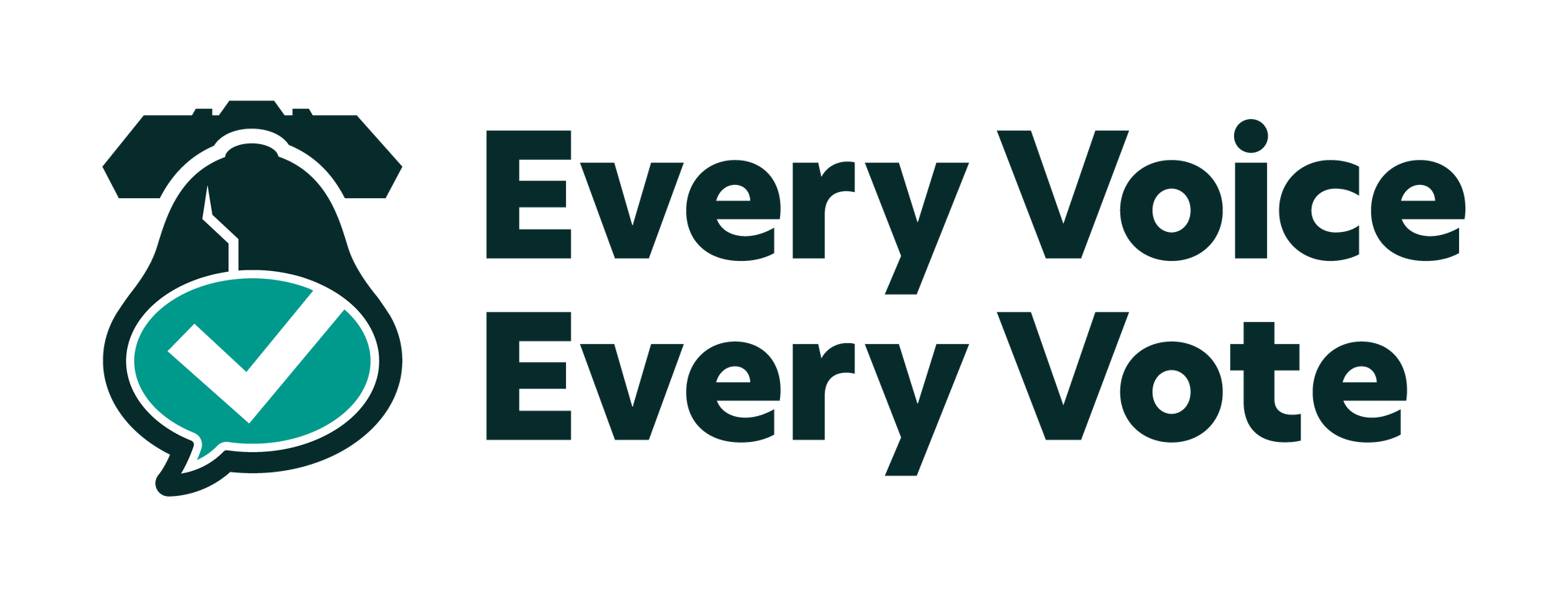Philly launches $600K emergency grants to aid small grocers hit by SNAP shutdown
Applications are open through Dec. 31 on the Merchants Fund website. Priority will go to small, locally owned retailers operating in low-income neighborhoods.
The hearing announcement comes after Lozada introduced a bill earlier this month that would ban mobile service units in most of District 7.

Councilmember Quetzy Lozada, who represents District 7, will organize another hearing for the “special committee on Kensington.”
The hearing resolution says it will “explore best practices in substance use disorder outreach” and “investigate the effectiveness of current methods used by the City of Philadelphia and its partners.”
City Council voted in support of the hearing on Thursday.
The hearing announcement comes after Lozada introduced a bill earlier this month that would ban mobile service units in most of her district.
The special committee on Kensington is made up of council members Curtis Jones, Nina Ahmad, Mark Squilla, Mike Driscoll, and Jim Harrity. This will be the second hearing for the committee. Experts testified in July about treatment barriers complicated by an increasingly complex drug supply.
Details about who will be invited to speak and when or where the hearing will take place are pending.
A number of ideas are mentioned on the resolution — including a “central hub” that would connect people with substance use disorders to services, “warm handoffs” — which normally refers to the process of social workers or certified recovery specialists connecting people to addiction treatment beds from emergency rooms, and a medication-assisted “holding zone” for people living with addiction before they are transported to a treatment bed.
Thursday’s resolution says the hub would “enhance the coordination of efforts” in Kensington.
“Evidence-based outreach practices, wound care, a dedicated mobile team, and medication-assisted treatment would be coordinated through that central hub,” it reads.
The resolution also says the “warm handoffs” could also be part of the hub.
It cites a 2022 study by the University of Pennsylvania and the Department of Behavioral Health and Intellectual DisAbility Services that argues warm handoffs can help improve engagement in opioid use disorder treatment.
The third idea in the resolution — the “holding zone” — would be “crucial in stabilizing a patient until they can be transported to a treatment bed to prevent further harm from withdrawal.”
Lozada did not share any details with Kensington Voice on what a holding zone would entail.

Have any questions, comments, or concerns about this story? Send an email to editors@kensingtonvoice.com.
Free accountability journalism, community news, & local resources delivered weekly to your inbox.